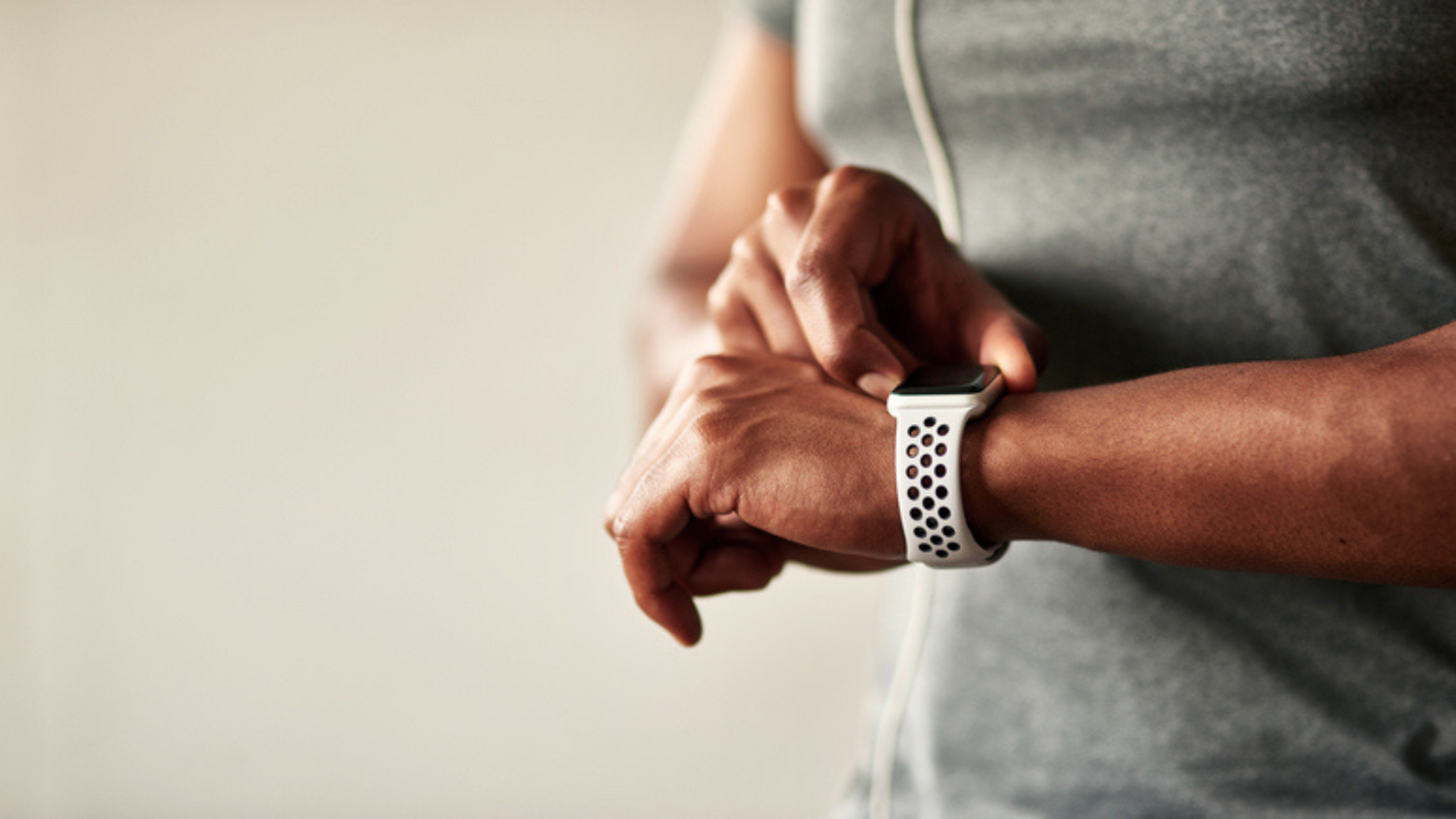Key Takeaways
-
Wearables can boost activity and health awareness, but their effectiveness depends on user motivation and long‑term engagement.
-
Over‑reliance on simple metrics (like BMI or step count) may limit benefits and even reduce enjoyment.
- Combining accurate sensors with personalised goals and motivational support leads to better wellbeing outcomes.
Did you know that wearing a fitness tracker can increase your daily steps by up to 27%, even if you don’t consciously change your routine? That’s the power of a gentle nudge from your wrist. Wearable technology—such as smartwatches and fitness bands—has quietly become one of the most popular tools in modern health and wellness.
In this blog, we’ll explore whether wearables are genuinely making us healthier, how motivation plays a key role, and what the science says about the long-term benefits.
How Fitness Wearables Keep You Moving
Fitness trackers typically record steps, distance, heart rate, sleep patterns, and some even monitor glucose or stress. A review found that while these devices are widely used, only about 11% have research‑level validation for biometric accuracy (R, R, R, R). That means they aren’t all equally reliable, but for many, the simple feedback still encourages movement.
A deep dive into self-tracking revealed four key outcomes: increased awareness, motivation for behavioural change, improved performance, and even social sharing of progress (R). However, it also revealed 19 distinct factors (such as personal goals, feedback style, and social support) that influence success.

Why Motivation Matters in Staying Healthy and Ageing Well
A study of 29 Fitbit users found trackers only support existing motivation—they don’t create it out of thin air (R). For most people, novelty fades; step-count alerts lose their appeal after a while. Only the “quantified self” types—those who are hooked on data—keep going long-term.
That highlights the importance of linking tracking to what really matters to you. Are you motivated by fun goals, social sharing, or health targets? Aligning trackers with these helps maintain long‑term engagement and healthy habits.
The Hidden Pitfall of Over‑Tracking
A series of experiments revealed that measuring too much can actually reduce the enjoyment of what you’re doing (R, R). Turning simple walks or sleep into “tasks” can steal their joy, undermining your intrinsic motivation. The healthier habit might actually fade because it starts to feel like work.
Another study sounded a warning: tools that spout reductive metrics, such as BMI, can reinforce unhelpful mindsets and shame cultures (R, R). Older adults, in particular, can feel pressured by abstract “ideal” numbers. Good for your health? Yes. But not if it undermines your wellbeing.
Balancing Tech and Personal Health Goals
Here’s how to get the best outcomes—and stay positive about your health goals.
1. Use well‑validated devices: We have saved you some time, here’s a couple that are validated:
Empatica E4 and Embrace2/EmbracePlus
Medical-grade wristbands cleared for seizure detection, heart rate, electrodermal activity, SpO₂, skin temperature, and more. Their data has been used in multiple clinical research settings and FDA‑cleared applications.
Oura Ring
Extensively evaluated for heart rate, HRV, sleep stages, and body temperature. Some studies highlight its accuracy in sleep and recovery tracking.
Medical‑grade chest straps and ECG watches
Models like Polar H10 have been benchmarked against ECG standards for heart rate and HRV, though most wrist‑worn consumer devices lag behind
2. Keep it meaningful: Set goals that support your lifestyle, such as taking daily gentle walks, setting meditation reminders, or targeting improved sleep quality, rather than arbitrary step quotas.
3. Customise your device: Research shows that making your tracker look like you—through bands, watchfaces or charms—makes you more likely to wear and enjoy it (R).
4. Don’t fixate on single metrics: BMI, fat‑percentage, or step counts are useful—but context matters. Mix measures like sleep, heart‑rate variability, mood and physical activity to maintain a holistic view.

Stronger Outcomes with Clinical Accuracy
A recent systematic review of wearable interventions in chronic disease showed that half of trials led to measurable health improvements like pain relief or better diabetes markers (R, R). For older aduts managing conditions like Type 2 diabetes or chronic back pain, this hybrid support model can be transformative.
This ties in with broader advances where wearables integrate into clinical systems, helping to personalise treatment, track progress in real-time, and detect early signs of trouble (R). With smart oversight, they become more than toys—they become tools for health and longevity.
Tips for Embracing Wearables for Healthy Ageing
Here are a few practical tips:
-
Set realistic, personal goals, such as improving sleep or maintaining mobility—certainly not just clocking 10,000 steps.
-
Review your data weekly, not daily, to avoid obsession.
-
Use social/community features for gentle accountability and shared celebrations.
-
Pair tech with offline habits: walking groups, gardening, or local classes.
- Celebrate progress that doesn’t show up in numbers: how your mood or stamina feels.
Final Thoughts on Wearables
Yes, wearables can make us healthier—if used thoughtfully. The research tells us they enhance awareness, boost activity, and can improve health outcomes. But tools don’t fix everything—you need motivation, balance, and a clear purpose. Avoid metric fatigue and keep joy at the heart of your healthy ageing journey.
Feeling inspired to improve your fitness levels? Dive deeper with our full blog on What’s a Good Heart Rate Variability?.





